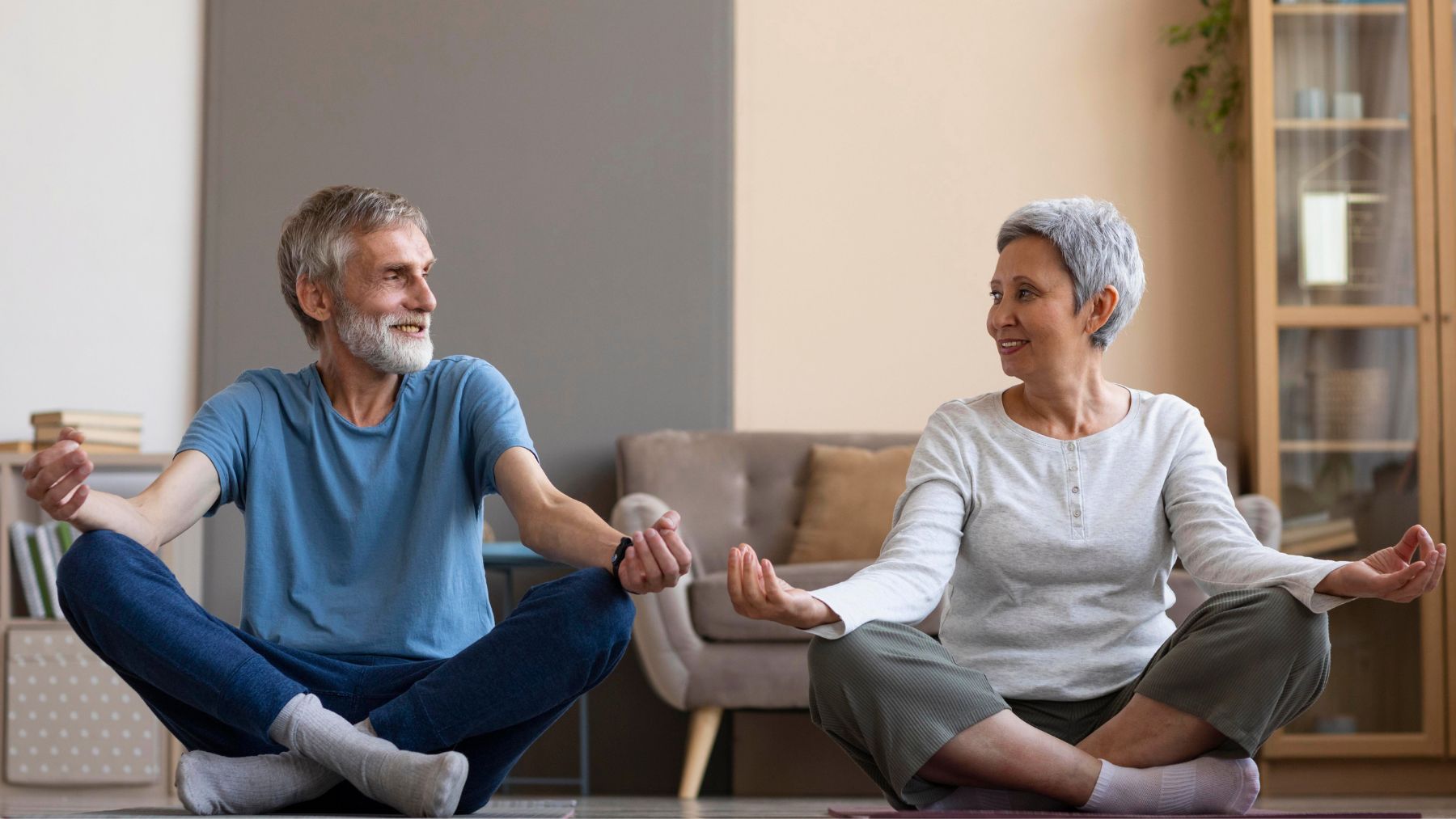There is one daily habit that is one of the most reliable ways of maintaining good health after 65 and reinforcing your body’s defenses, and that habit is quality sleep. This recommendation comes from the National Institutes of Health (NIH) and is supported by various sleep studies and experts.
In the following sections, we’ll explore how getting 7 to 9 hours of uninterrupted sleep each night is essential for seniors. It can sharpen your immunity, ease chronic inflammation, and even improve vaccine efficacy. Let’s get to it.
Sleep at least 7 hours: the best habit for seniors over 65
When you sleep deeply, your body sets off a cascade of restorative processes that boost your immune system. This offers protection against infections and underpins physical and cognitive health.
Strengthened infection defense
During sleep, your body ramps up the production of critical infection-fighting cells. T-cells, natural killer cells, and other white blood cells become more active, patrolling your system for harmful pathogens. Research indicates that those who consistently achieve 7 to 9 hours of sleep experience an increase in the quantity and efficacy of these immune cells. In contrast, chronic sleep deprivation can leave you with fewer defenders on duty, making you more prone to illnesses like colds, influenza, and viral infections.
Balanced inflammation
Inflammation is a protective mechanism in the body, helping to fight invaders and facilitate healing. However, excessive inflammation over time can contribute to chronic conditions such as arthritis, heart disease, and respiratory ailments. A full night’s rest helps regulate inflammatory responses by modulating the production of cytokines and other markers. While poor or short sleep raises inflammation levels in the body, adequate sleep helps keep these chemicals balanced.
Boosted vaccine response
Recent research shows that getting sufficient sleep before and after vaccination can improve your body’s antibody response. People who maintain healthy sleep patterns produce a higher quantity of antibodies, resulting in longer-lasting protection. For seniors receiving vital immunizations such as the flu or pneumonia vaccines, extra sleep can enhance immune defense and vaccine effectiveness.
Establishing a consistent sleep routine
Adopting a steady bedtime and wake time—even on weekends—can go a long way in regulating your body’s circadian rhythm and optimizing sleep quality. A regular sleep schedule trains your body’s internal clock to naturally wind down in the evenings and wake up feeling refreshed in the mornings.
Set aside at least an hour before bed to engage in calming activities. Consider quiet reading, listening to gentle music, or practicing meditation as you prepare your mind for rest. These activities not only soothe the brain but also lower stress levels, making it easier to transition into a deep slumber. Light stretching or deep breathing exercises can enhance this pre-sleep routine by encouraging your muscles and mind to relax.
Make sure your bedroom is cool, dark, and free of distracting screens such as smartphones, televisions, or computers. A properly arranged sleep space helps trigger the natural release of melatonin, the hormone that signals your body to sleep. Dimmed lights and the absence of digital distractions set the stage for rest, ensuring your brain can disconnect from the day’s pressures.
Avoid caffeine or large, heavy meals later in the day, as they can disrupt your ability to wind down. Instead, opt for light, nutritious snacks or a cup of herbal tea in the evening. By keeping the focus on healthy, calming practices, you allow your body to fully engage in the natural process of falling asleep.

